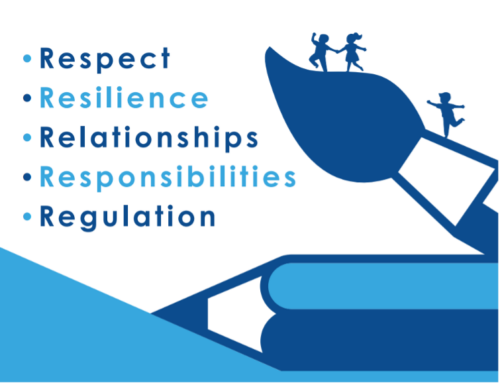Mental health support and advice for pupils
At school, if you are struggling or feel upset you know you can always talk to an adult about how you are feeling. If you find this hard you can always use the worry boxes, worry monsters in school or tell a friend or an adult at home about how you are feeling.
We also provide lots of opportunities to talk about mental health through our jigsaw lessons and workshops delivered by the Mental Health in Schools Team. The school does have group and 1 to 1 sessions for children whom may need extra support. Read below on some of the things we offer for mental health in school:
In your jigsaw lessons, you will learn about positive relationships, keeping healthy and making the right choices.
This year, the Mental Health Support Team will be delivering workshops throughout the year for all KS2 children. They will be covering the following themes:
| Term | Theme |
|---|---|
| Autumn 2 2024 | Connect (relationships, managing my worries, regulation and routines) |
| Spring 1 2025 | Give (Focusing on understanding the connection between healthy body, healthy mind and the environment) |
| Spring 2 2025 | Take Notice (Focusing on understanding different emotions) |
| Summer 1 2025 | Keep Learning (Focusing on boundary setting, self-regulation and self-help tools to support good emotional and mental well-being) |
| Summer 2 2025 | Be active (Focusing on transition, getting outside and being active to embrace and encourage aspirations with the future mind) |
WRAP (Wellness Recovery Action Plan)
WRAP (Wellness Recovery Action Plan) is a self-care focused program for 10 weeks for young people aged 5 – 19.
Children and young people will explore:
- Wellness Tools
- Daily Plans
- Stressors
- Early warning signs
Mr Marshall and Miss Wood are our school WRAP trainers.
Each term, we will be running WRAP sessions. If you think you would benefit from WRAP sessions speak to your teacher, Mr Marshall or Miss Wood.
ELSA support
We can provide 1 to 1 sessions to support you on all sorts of different issues including:
- Emotional Regulation
- Managing Emotions
- Social Skills
- Relationships
- Self-Esteem and Confidence
- Building Self-Worth
- Coping with Change
- Transitions
- Understanding my behaviour
- Anxiety and Stress
- Managing Anxiety
- Academic Pressure
- Dealing with Pressure
- Improving Communication Skills
- Expressing Needs
If you feel you would benefit from some 1 to 1 work, please talk to the adults in your class or the welfare team.
“By the end of key stage 2 pupils have secure knowledge in English and mathematics.”
“The curriculum for pupils with special educational needs and/or disabilities (SEND) is well designed.”
“Pupil mentors support younger pupils and those new to the school.”
“Pupil ambassadors check on other pupils’ well-being.”
“Pupils understand how to keep their minds and bodies healthy.”
“Lots of initiatives are in place to encourage pupils’ love of reading.”
“Pupils love the ‘Thorpepark 50’.”
“The school’s offer for pupils’ personal development is exceptional.”
“Pupils often benefit from bespoke plans which are matched to their needs.”
“Pupils are motivated to learn. They enjoy lessons and they achieve well.”
“Children in the early years get off to a good start.”
“Leaders are committed to and highly skilled in supporting pupils who struggle to manage their own behaviour.”
“Pupils are exposed to a wide range of high-quality books.”
“Pupils thrive at Thorpepark Academy.”
“There is a truly inclusive ethos.”
“Many parents appreciate the adult learning and volunteering opportunities available to them.”
“Leaders have ensured that the teaching of reading is strong.”
“Leaders know the pupils, their families and the community very well.”
“Pupils know ways to raise their own self-esteem and that of others.”
“Pupils are empathetic and show understanding of other pupils’ needs.”
“Leaders prioritise pupils’ well-being.”
“Leaders have designed the curriculum to develop pupils’ sense of belonging, identity and pride in being from Hull.”
“Pupils learn about people and places from their local area in all subjects.”
“Extra-curricular clubs are carefully chosen to stretch individual pupils’ talents in music, sport and other areas, including sewing.”
“Pupils are motivated to learn.”
“Pupils learn the importance of contributing to their community.”
“Pupils enjoy being active citizens and getting paid in credits they can spend in the school shop.”
“Leaders, including the trust, ensure that pupil, parent and staff well-being is a top priority.”
“Pupils are well prepared for secondary education.”
“Parents work in partnership with leaders and staff.”











